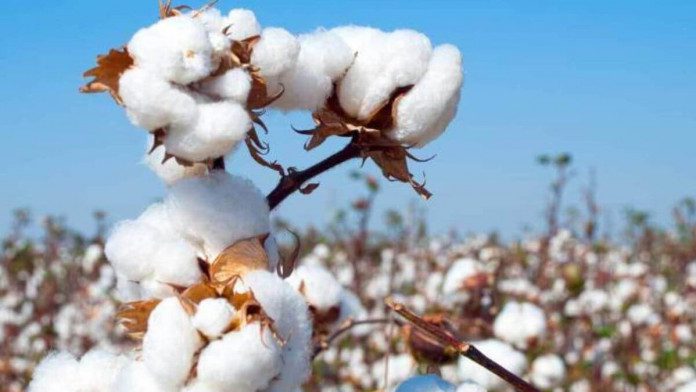News in brief:
– Nigeria cotton industry faces collapse due to challenges including poor policies, lack of financing, and competition with imports.
– Stakeholders urge the government to create a conducive environment for textile factories, provide incentives for traders and farmers, and invest in extension services to build capacity.
According to an investigative report gathered by the local news outlet Leadership, the Nigerian cotton industry is on the verge of collapse as challenges mount on various sides.
Focusing on top-producing states like Kano and Kwara, the problems ranged from poor policies, lack of financing, competition with cheaper imports, and so on.
The reporters found that about 1,500 farmers abandoned the industry between 2019 and 2020, most of whom had benefited from the Central Bank’s Anchor Borrowers’ Programme. Ibrahim Abdulhamid, the state project manager of the National Cotton Association of Nigeria (NACOTAN) in Kano state, argued that the number of cotton farmers he could account for in the state is around 2,000.
Confirming the decline in cotton production and its relationship with the government’s intervention program, the director of extension at the Kano State Agricultural and Rural Development Authority, Gambo Isa Garko, said many companies were able to buy cotton from farmers at good prices after production between 2019 and 2020. However, after the support program ended, they could not pay the prices demanded by farmers.
“As a result of that, most of the ginneries and some companies closed down while on the side of the farmers, some stopped production,” Garko said.
The problem extended to chemical and seed companies, as well as ginneries, as there were not enough farmers (the primary producers) to keep the industry going.
Meanwhile, lack of financing has created an opportunity for cotton importers. The director of industry, Kano State Ministry of Investment, Commerce, and Industry, Mahmoud Bala, told the newspaper that textile companies, which usually served as off-takers for farmers, have chosen to source raw cotton materials from other countries.
Bala also blamed inadequate supply for some companies shutting down while Abdulhamid (mentioned earlier) accused banditry and increased insecurity as part of the reasons cotton farmers are reducing, especially in areas like Gwarzo and Karaye bordering Katsina state.
Kwara state cotton farmers are also becoming an endangered species. While they complained that they required subsidised inputs from the government, Special Adviser to the Governor on Media, Alhaji Bashir Adigun, countered that the administration has always provided these supports.
Reporters said that they could not find a functioning ginnery in the state, which tells a story of how bad the industry has become. One farmer said that the decline began with the disappearances of garment factories, which fled the state as they experienced production downturn. The result? Expanses of land, once used for cotton production, laid empty, and vibrant potential agricultural labor has turned to riding commercial motorcycles and tricycles.
By way of solution, the stakeholders called on the government to create a conducive environment for textile factories to flourish in the region. They also want the government to provide incentives for traders and farmers as well as invest in extension services to build producers’ capacity.



